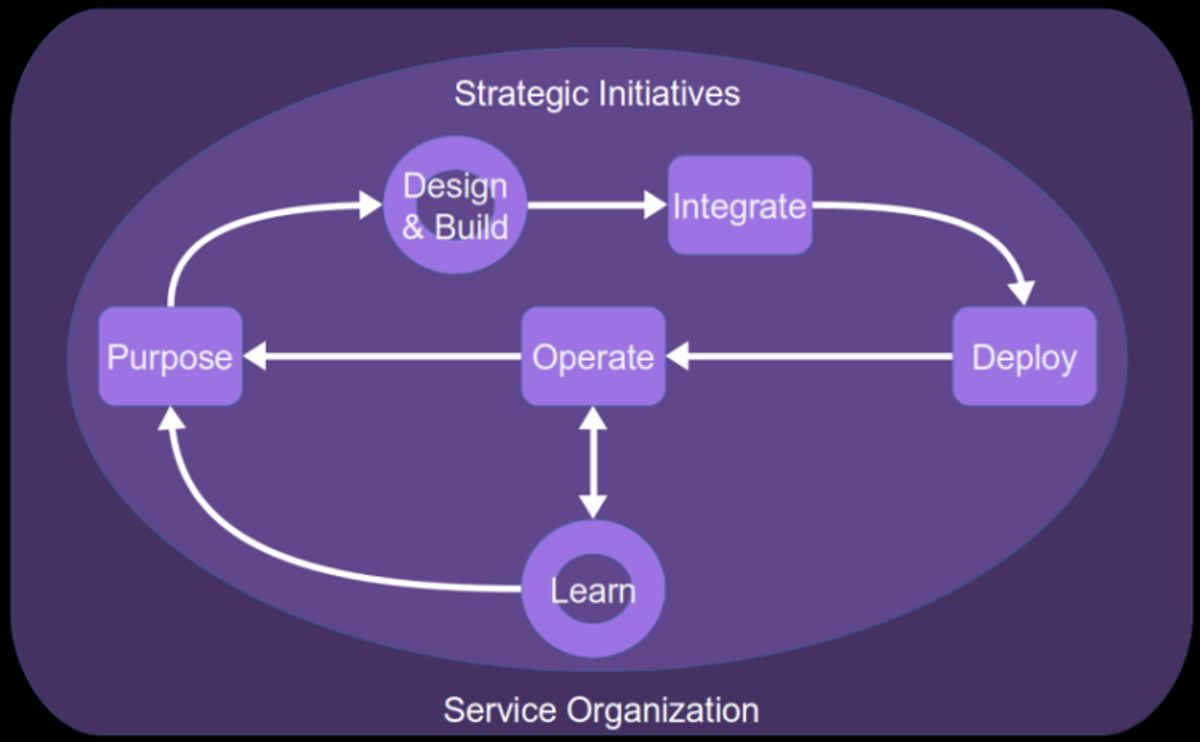Artificial Intelligence (AI) has significantly transformed the way customer support is handled across various industries. By integrating AI shared inbox solutions, businesses are able to streamline communications, enhance customer engagement, and provide timely, personalized assistance. This article explores the top five industries where AI-driven customer support systems have made a notable impact, revolutionizing the customer experience and operational efficiency.
Key Takeaways
- AI shared inbox solutions enable finance institutions to detect fraud swiftly and offer personalized investment advice, setting new standards for customer service in the sector.
- Retailers leverage AI to provide personalized shopping experiences and efficient inventory management, transforming customer interactions and operational workflows.
- Healthcare benefits from AI through the development of accurate diagnostic tools and improved patient care, showcasing the potential for enhanced medical support systems.
- Transportation is being reshaped by AI with the advent of self-driving technology and improved safety measures, indicating a shift towards more autonomous and efficient systems.
- Manufacturing utilizes AI for predictive maintenance and supply chain optimization, demonstrating AI's role in increasing production efficiency and reducing downtime.
1. Finance

The finance industry has been profoundly transformed by the advent of AI shared inbox customer support solutions. Financial institutions are now able to manage customer inquiries with unprecedented efficiency and accuracy. This revolution has not only enhanced customer satisfaction but also streamlined internal workflows, leading to significant cost savings.
In the realm of customer support, AI has enabled the automation of routine tasks, freeing up human agents to handle more complex issues. The following table illustrates the impact of AI on customer support efficiency:
The integration of AI into customer support channels has also led to the development of more personalized and proactive service strategies, further cementing customer loyalty and trust.
Moreover, AI-driven analytics provide valuable insights into customer behavior, allowing financial services to tailor their offerings and anticipate needs more effectively. The ability to quickly adapt to customer feedback and market changes is a competitive edge that cannot be overstated.
2. Retail

In the retail sector, AI shared inbox customer support solutions are transforming the way businesses interact with their customers. Retailers can tap into generative AI to enhance support, offering a more personalized and efficient customer service experience. From predicting customer behavior to optimizing supply chain management, AI is a game-changer for retail efficiency and marketing strategies.
The implementation of AI in retail customer support not only streamlines communication but also provides valuable insights into customer preferences and trends. This data-driven approach allows for more targeted and effective marketing campaigns, as well as improved inventory management.
The integration of AI into retail support systems is not just about automation; it's about creating a more dynamic and responsive customer service environment that can adapt to the ever-changing retail landscape.
With the rise of e-commerce and the need for fast, reliable customer service, AI shared inbox solutions are essential for retailers looking to stay competitive in a digital world.
3. Healthcare

In the realm of healthcare, AI shared inbox customer support solutions are making significant strides. Google's DeepMind Health is revolutionizing the way doctors diagnose diseases by providing advanced analysis of medical images. This leads to earlier and more accurate detection of conditions such as cancer. Similarly, IBM's Watson offers invaluable assistance to medical professionals by sifting through extensive medical data and delivering insights grounded in the most current research.
The impact of AI in healthcare extends beyond diagnosis. It plays a crucial role in various IT sectors within the industry, including Healthcare IT, Payer IT, Pharmaceutical IT, and Provider IT. AI's analytical capabilities are also vital in the development and deployment of new therapeutic drugs and treatments.
The rapid deployment of technologies like blockchain in the healthcare sector is not only enhancing data security but also driving market growth and innovation.
Here is a glimpse of how AI is integrated across different healthcare IT sectors:
- Healthcare IT: Streamlining patient data management and predictive analytics.
- Payer IT: Improving claim processing and fraud detection.
- Pharmaceutical IT: Accelerating drug development and personalizing medicine.
- Provider IT: Enhancing patient engagement and care coordination.
4. Transportation

The transportation industry is undergoing a significant transformation, thanks to the integration of AI shared inbox customer support solutions. AI is enhancing the efficiency of transportation systems, from self-driving cars to optimized delivery routes. Companies like Tesla and Waymo are at the forefront, utilizing AI to interpret data from various sensors and cameras to enable safe autonomous driving.
In the logistics sector, AI-driven shared inbox software, such as that provided by Gridlex, is revolutionizing customer service and support. These systems allow for seamless communication and coordination among team members, ensuring that customer inquiries are handled promptly and effectively. DHL, for example, employs AI to optimize delivery routes, which leads to reduced fuel consumption and improved delivery times by analyzing traffic patterns, weather conditions, and package sizes.
The integration of AI into transportation is not just about technological advancement; it's about creating a more connected and efficient world.
The impact of AI on transportation extends to various subsectors, including aviation, defense platforms, marine, and automotive systems. AI applications in these areas range from enhancing driving support and security to improving automotive components and materials. The adoption of adjacent technologies like 5G, digital twin, and predictive maintenance further underscores the industry's commitment to innovation and efficiency.
5. Manufacturing

The manufacturing sector is undergoing a transformative shift with the integration of AI shared inbox customer support solutions. AI-driven support systems are enhancing the efficiency of customer service operations in manufacturing by providing real-time assistance and automating routine inquiries. This not only improves customer satisfaction but also allows manufacturers to focus on more complex tasks.
In the realm of smart manufacturing, the role of AI is pivotal in streamlining communication between various stakeholders. For instance, AI can analyze customer feedback and direct it to the appropriate department, ensuring a swift and effective response. The table below illustrates the impact of AI on key manufacturing metrics:
The integration of 5G networks and industrial robots is revolutionizing the manufacturing landscape, offering unprecedented levels of productivity and flexibility.
Manufacturers are also leveraging AI to optimize their supply chains, ensuring that products are delivered on time and to the correct specifications. The adoption of AI tools for customer support is a critical component in the modernization of manufacturing operations, leading to a more agile and customer-centric industry.
Conclusion
The integration of AI shared inbox customer support solutions has undeniably revolutionized various industries, enhancing customer experiences and streamlining operations. From finance to retail, manufacturing, and beyond, AI's ability to manage and analyze vast amounts of data has provided unprecedented levels of service and efficiency. As AI continues to evolve, businesses that adopt and adapt to these innovations will likely gain a competitive edge, offering more personalized, responsive, and effective customer support. The transformative power of AI in customer service is not just a trend but a fundamental shift in how industries operate and engage with their clients. Embracing AI is no longer an option but a necessity for those looking to thrive in the digital age.
Frequently Asked Questions
How is AI impacting customer service in the finance industry?
AI is transforming customer service in finance by utilizing machine learning algorithms for fraud detection, like those used by American Express, and providing personalized investment advice through robo-advisors, streamlining customer interactions and enhancing security.
What role does AI play in retail customer support?
In retail, AI chatbots, such as those used by H&M, offer personalized shopping assistance, while AI systems like Walmart's inventory management predict product demand, ensuring customer needs are promptly met and improving the overall shopping experience.
Can AI improve healthcare customer support?
AI significantly improves healthcare customer support by developing accurate diagnostic tools and aiding in patient care, which leads to more efficient and effective service and better patient outcomes.
What advancements has AI brought to transportation customer service?
AI advancements in transportation include the development of self-driving cars, which promise to make transportation safer and more efficient, revolutionizing how customer service is managed within the industry.
How is manufacturing customer support enhanced by AI?
AI enhances manufacturing customer support by providing predictive maintenance and smart inventory management, ensuring products are well-maintained and stock levels are optimized to meet customer demand.
What is the future outlook for AI in customer support across industries?
The future outlook for AI in customer support is promising, with predictions that AI will continue to revolutionize industries by offering end-to-end support solutions tailored to unique challenges, leading to more intuitive communication and strategic decision-making.



